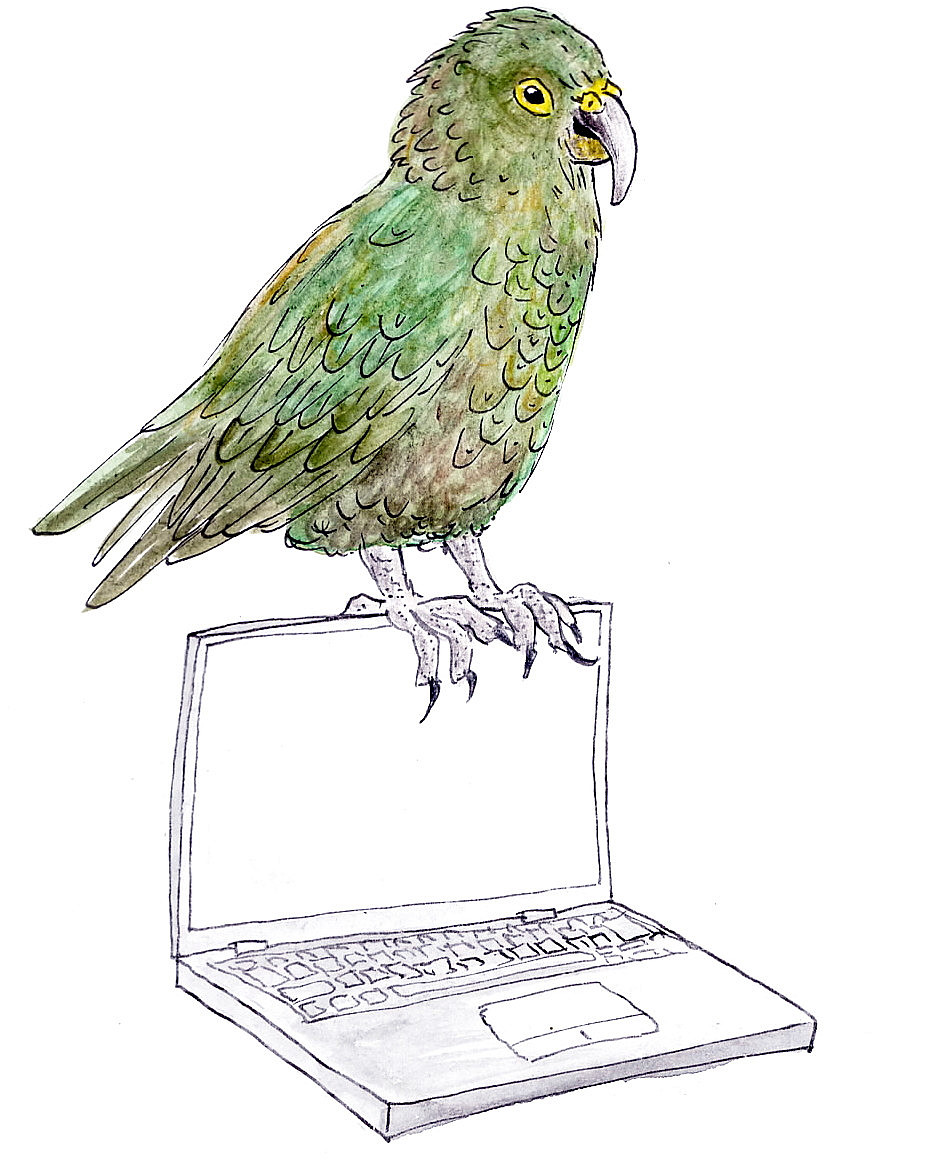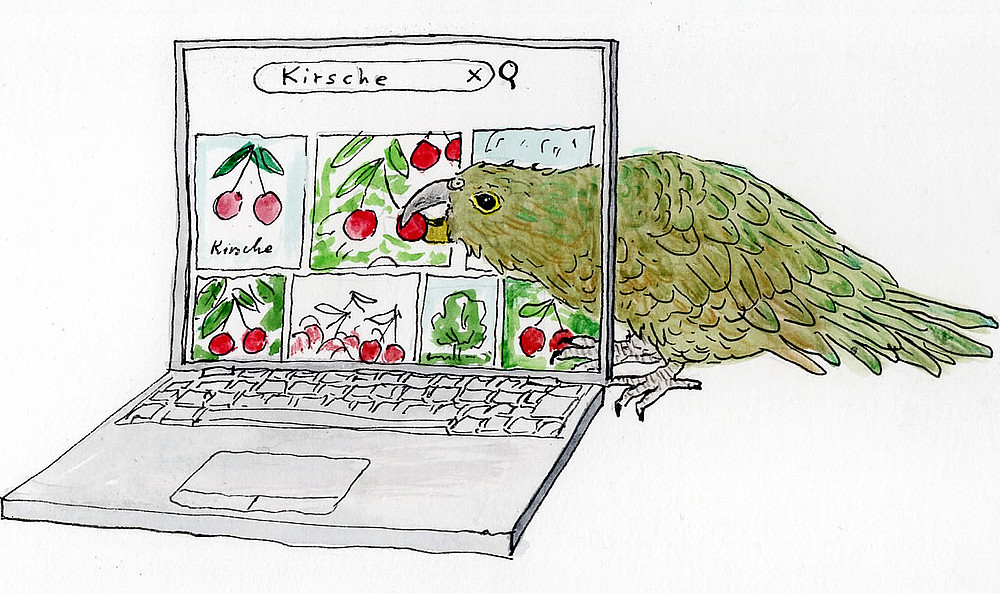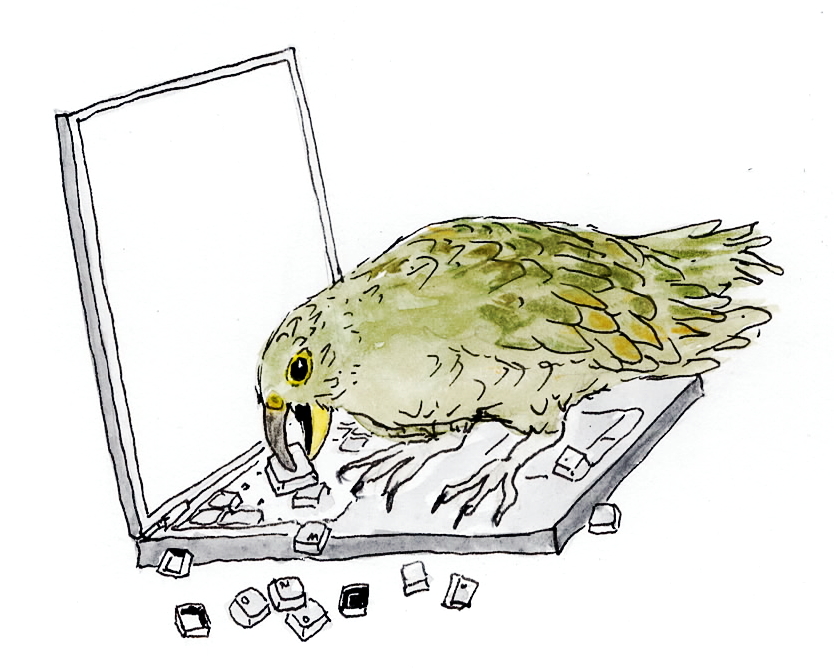Cognitive and affective mechanisms of programming and computational thinking
Route 63
Background and goals
In our digital age, programming skills are becoming increasingly important. The better we understand how children and young people acquire programming and which skills are important for this, the better we can support them individually.
In this project, we want to find out how we can record programming skills and their basics in different age groups. We also want to take a closer look at how coding is related to other skill areas such as mathematics. In addition, we need a better understanding of the emotional and motivational factors that influence coding acquisition.
This is also crucial if we want to proactively address the current underrepresentation of girls and women in computer science. The findings of the project will enable us to develop customized learning environments for different age groups based on individual ability and interest profiles.


Method
This project was conceived as an interdisciplinary research project of the University of Graz (Psychology) and the Graz University of Technology (Computer Science). Due to the different expertise brought in from both sides, synergy effects can be achieved. The dissertation projects examine
- the relationship between the basics of programming and mathematical skills (project leader: Karin Landerl; project assistant: Julia Pöschko) and
- the emotional and motivational factors that affect interest in programming (project leader: Wolfgang Slany).
Cooperation partner:
Prof. Wolfgang Slany, Graz University of Technology
Duration:
01.01.2020 - 31.12.2024
Publications:
Finke, S., Kemény, F., Sommer, M., Krnjic, V., Arendasy, M., Slany, W., & Landerl, K. (2022). Unravelling the numerical and spatial underpinnings of computational thinking: a pre-registered replication study. Computer Science Education, 32(3), 313-334. https://doi.org/10.1080/08993408.2022.2079864
